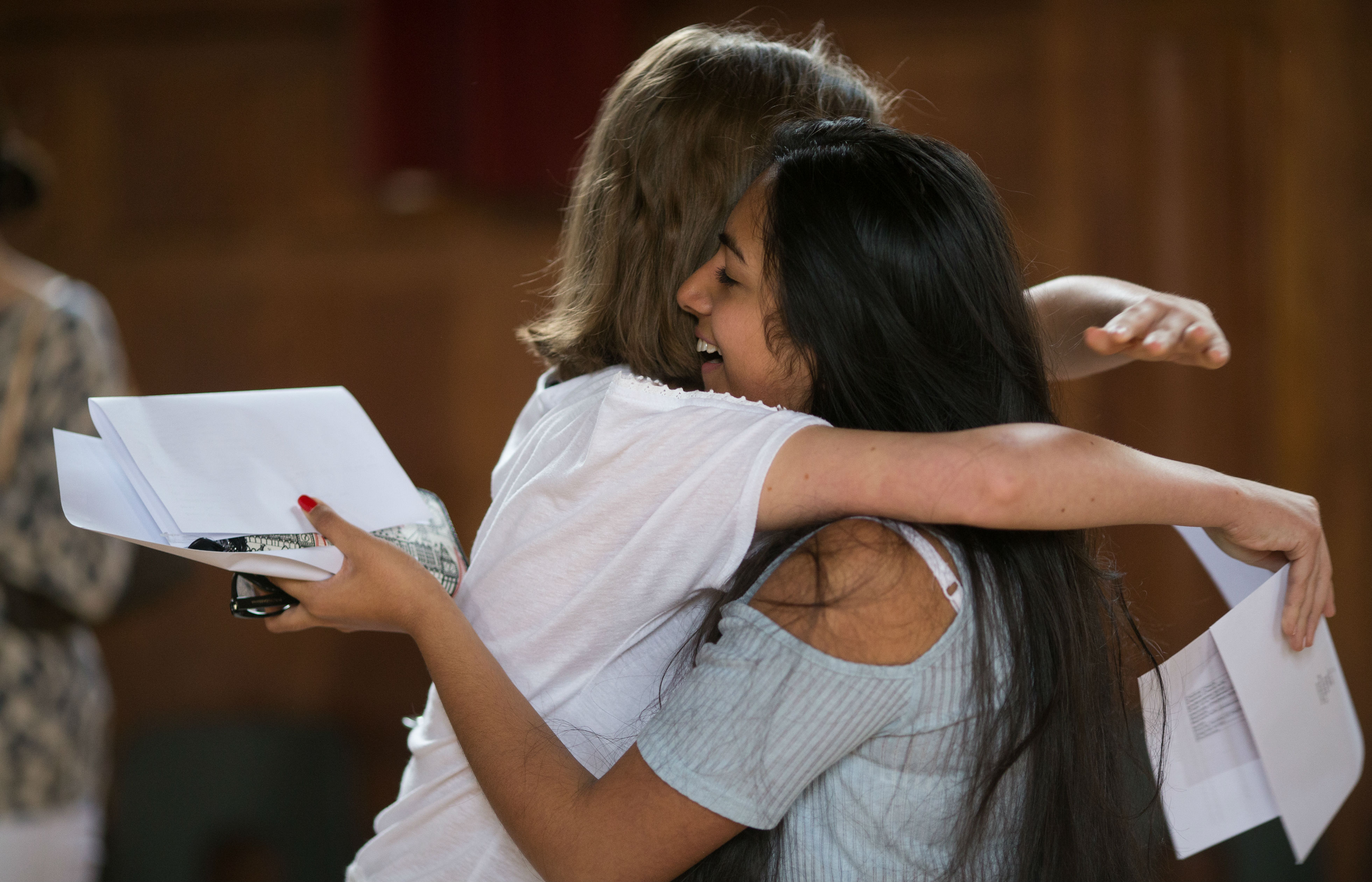The number of school pupils in England and Wales taking the full GCSE Religious Studies [RS] course has fallen for the first time in more than a decade, new figures have shown.
Just under 270,000 entries were received for the longer RS course this year, a 4.6 per cent decline on 2016, while the number of pupils taking the ‘short course’ fell even more sharply, by 24.6 per cent, to 53,071.
Critics claim the drop is due, in part, to the fact the subject does not count towards the English Baccalaureate [EBacc], an educational performance measure introduced in 2010, leading some schools to either neglect RS or fail to teach it at all.
The Ebacc measures how many pupils in each school gain grades A*-C or equivalent in core subjects at GCSE, including Maths, English, History or Geography, the sciences and a language.
All schools in England and Wales, including non-religious schools and academies, have a legal requirement to offer RE at all key stages.
But, in a joint statement, the Religious Education Council of England and Wales [REC] and the National Association of Teachers of RE [NATRE], said the latest figures suggest that this is not sufficient to ensure that all pupils get to study the subject at Key Stage 4, which incorporates GCSE.
“In too many cases, there are no consequences for those schools that decide to flout their legal obligation, with Religious Education not featuring in measures such as the EBacc that are used to hold them to account,” the statement said.
Meanwhile, Catholic head teachers have responded to the results of a new grading system used to mark this year’s Maths and English at GCSE exams, which rates attainment on a scale of 1 and 9 instead of grades A*-G as before.
The system, due to be rolled out to include other GCSE subjects over the next two years, was introduced by former Education Secretary Michael Gove in a bid to make it tougher for pupils to achieve top grades.
Overall, across England, Wales and Northern Ireland, the proportion of pupils gaining grade C/4 and above fell 0.6 percentage points to 66.3 this year.
Andrew O’Neill, head teacher of Sion-Manning Catholic Girls’ School in North Kensington, London, where 79 per cent of pupils gained a C or above in English and 69 per cent got C or above in Maths, said the new system was a “seismic change” which had “created a huge amount of uncertainty” for students.
Mr O’Neill, whose school is located within sight of Grenfell Tower and had 16 GCSE pupils directly affected by the tragedy, in June, said the new grading system had dropped pupils “into the unknown” and questioned whether the reform was necessary.
“Was such a seismic change really needed?” he said, “Why bring in this change in just English and Maths? Why not introduce it across all the subjects at once?
Several Sion-Manning students were given special dispensation after being too upset to sit a GCSE science exam held the morning of the Grenfell tragedy, although a remarkable 87% of those who did sit the test gained grades A*-C.
Mr O’Neill emphasised the continued central importance of Religious Education to his school, where 76% of pupils gained grades A*-C in the subject at GCSE this year.
James Murphy-O’Connor, Headmaster of Prior Park College, a Catholic independent school in Bath, said that it is important for teachers to find out exactly what exam boards are looking for with the new style marking schemes.
"You have to know what is being asked for and how to approach papers. You have to be able to train students to use the type of targeted language that the boards are looking for," he told The Tablet.
Students at the college sat the new English GCSE papers this year, although they continued to follow the IGCSE Maths course. Just under 30% of students achieved A* or 8/9 grades at GCSE, with 100% gaining A*-C grades in a minimum of five subjects.
While some teachers had raised concerns over unpredictable marking and grades on the new English papers, Mr Murphy O'Conner said his team were very happy with the outcome. "We thought the results were pretty accurate," he said.
Antonia Beary, headmistress of Mayfield School, an independent boarding and day school for girls aged 11 to 18 in East Sussex, said she was "pleased and relieved with the results.”
"There has been a lot of hype around the new English and Maths papers and a lot of pressure for staff and students,” she said.
“Ms Beary said that as a school with a Catholic ethos it was important to stress to students that they will not be defined by results alone. "You have to give students confidence and point out that exams are a means to an end."
PICTURE: Students at the King Edward VI School in Birmingham celebrate after collecting their GCSE results



 Loading ...
Loading ...